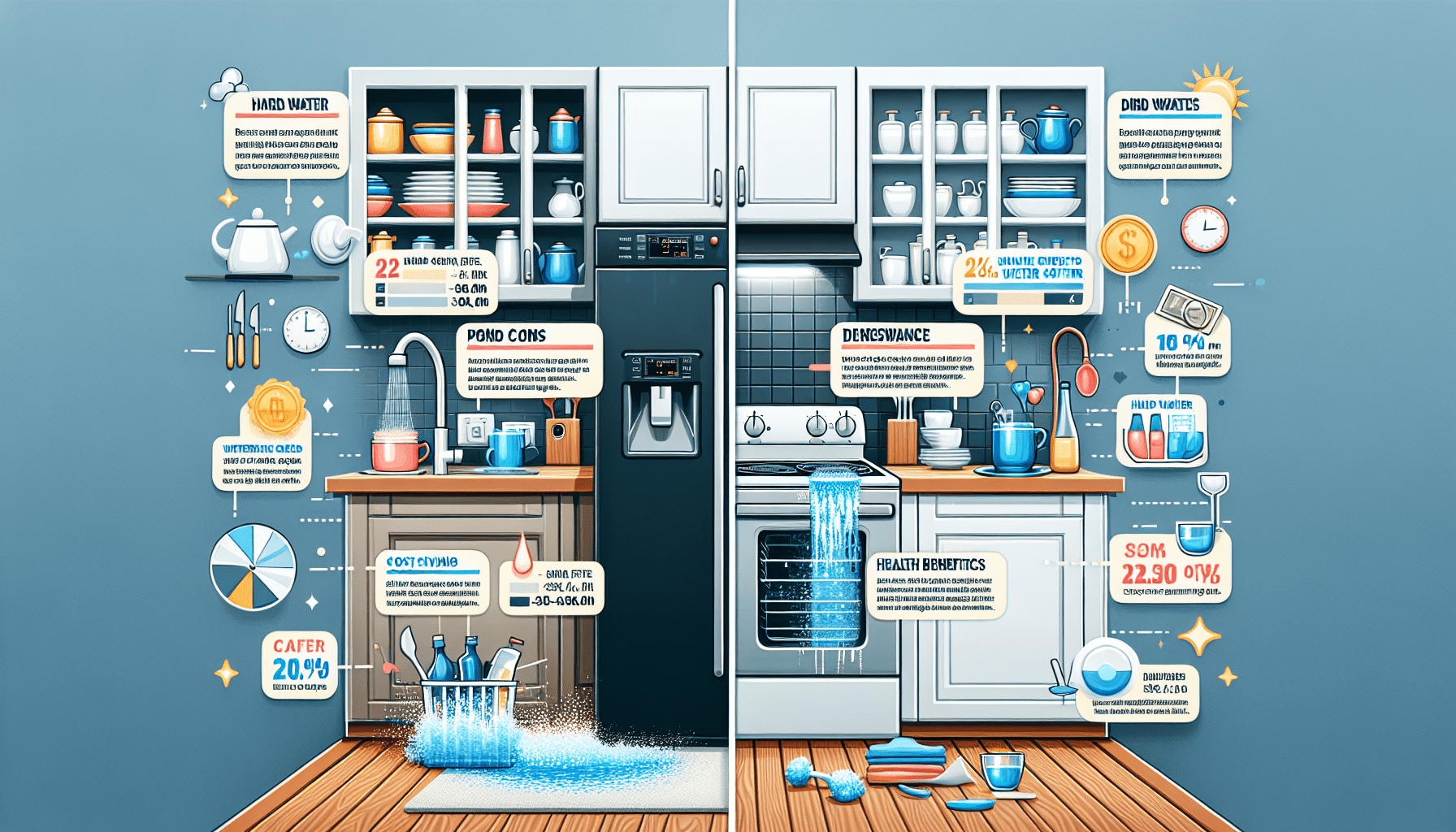Imagine stepping into a world where your skin feels smoother, your hair shines with brilliance, and your clothes become softer to the touch. This is the transformative power of a water softener. By removing minerals like calcium and magnesium, these innovative devices can make a remarkable difference in the quality of your everyday life. But Is it worth investing in a water softener? In this article, we will explore the benefits of using a water softener and why it may be a wise decision for your home.
Benefits of a Water Softener
Reduces Mineral Buildup
A water softener is a valuable investment because it helps reduce mineral buildup in your plumbing system and appliances. Hard water, which contains high levels of minerals like calcium and magnesium, can cause scale buildup over time. This scale can clog pipes, reduce water flow, and even damage your appliances. By installing a water softener, you can prevent mineral buildup and ensure that your plumbing system remains clean and efficient for years to come.
Extends the Lifespan of Appliances
Another significant benefit of having a water softener is that it extends the lifespan of your appliances. Appliances such as dishwashers, washing machines, and water heaters are particularly vulnerable to the negative effects of hard water. The minerals in hard water can accumulate in the heating elements or inner components of these appliances, causing them to work harder and wear out faster. With a water softener, you can protect your appliances from the damaging effects of hard water, leading to longer lifespans and reduced maintenance costs.
Improves the Efficiency of Water Heating
Water softeners also help improve the efficiency of water heating systems. When your water heater is constantly exposed to hard water, minerals like calcium and magnesium can form a layer of scale on the heating elements. This layer acts as an insulator, reducing the efficiency of the water heater and requiring more energy to heat the water adequately. By using a water softener, you can eliminate the scale buildup and improve the efficiency of your water heating system, leading to energy savings and lower utility bills.
Keeps Plumbing Systems Clean
Hard water can create significant problems for your plumbing system, causing clogs, reduced water pressure, and even corrosion. The minerals in hard water can accumulate in your pipes, leading to blockages and restricted water flow. Over time, this can result in costly repairs and replacements. By using a water softener, you can prevent mineral buildup in your pipes, keeping your plumbing system clean and pipes clear of obstructions. This not only saves you money on potential repairs, but also ensures the smooth and efficient operation of your entire plumbing system.
Gives You Softer Skin and Hair
Not only does a water softener benefit your home’s appliances and plumbing system, but it also has positive effects on your personal wellbeing. Hard water can be harsh on your skin and hair, leaving them feeling dry, brittle, or even itchy. The minerals in hard water can strip away natural oils from your skin and hair, causing irritation and discomfort. By using a water softener, you can enjoy the luxury of softer and smoother skin and hair. The reduced mineral content in the water allows for better moisturization and leaves your hair and skin feeling nourished and healthy.
Cost of Water Softeners
Initial Investment
When considering the investment in a water softener, it’s essential to assess the initial costs. Water softener systems can vary in price depending on the type, size, and features you choose. Typically, salt-based water softeners are the most common and cost-effective option. Prices for these systems can start from a few hundred dollars for basic models, while more advanced or high-capacity units can cost several thousand dollars. It’s crucial to consider your budget and the specific needs of your household when determining the initial investment for a water softener.
Maintenance and Operation Costs
Apart from the initial purchase, it’s important to factor in the maintenance and operation costs associated with owning a water softener. Salt-based systems require regular refilling of salt pellets or blocks, which can be an ongoing expense. Additionally, the regeneration process in salt-based systems consumes water, increasing your water usage and potentially your utility bill. It’s essential to budget for these ongoing costs to ensure that you can comfortably maintain and operate your water softener in the long run.
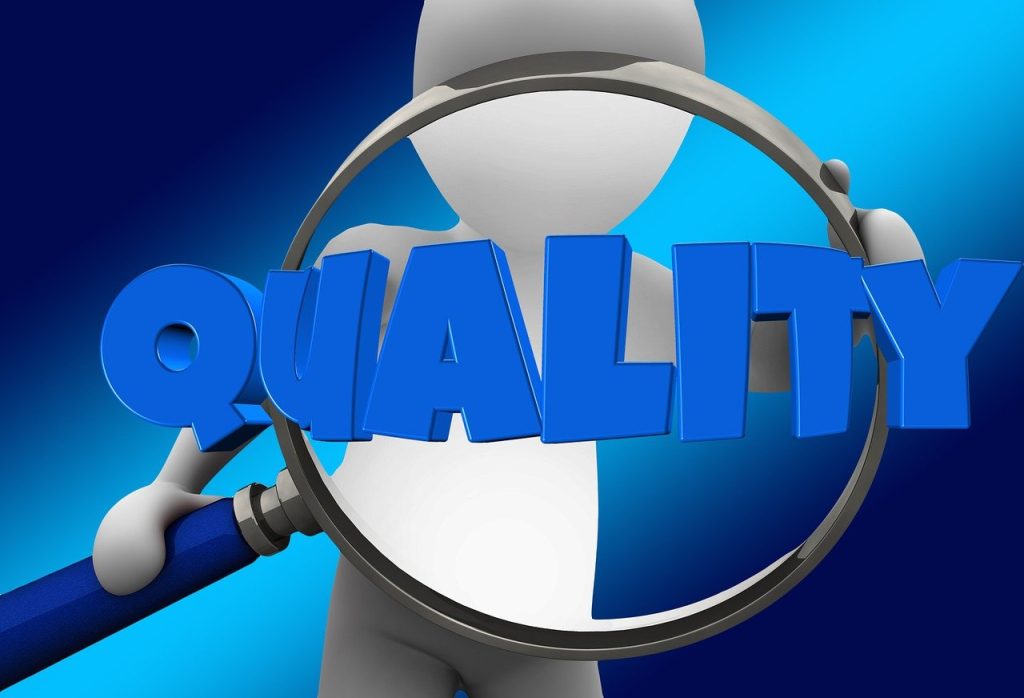
Types of Water Softeners
Salt-Based Water Softeners
Salt-based water softeners rely on the process of ion exchange to remove minerals from the water. These systems use resin beads to attract and remove calcium and magnesium ions, replacing them with sodium ions. Salt-based water softeners are highly effective in reducing water hardness, but they require regular salt replenishment and generate a waste stream of brine during the regeneration process.
Salt-Free Water Softeners
Salt-free water softeners, also known as water conditioners, do not remove minerals from the water but rather alter their structure to prevent scale buildup. These systems use technologies like template-assisted crystallization or magnetic fields to change the behavior of minerals, preventing them from forming scale. Salt-free water softeners are a good option for those who prefer a maintenance-free solution or have environmental concerns about salt discharge.
Dual Tank Water Softeners
Dual tank water softeners offer the advantage of continuous operation by having two separate resin tanks. While one tank is in use, the other is regenerating, ensuring a constant supply of softened water. This type of water softener is ideal for larger households or those with high water usage, as it eliminates any downtime during the regeneration process.
Electronic Water Descalers
Electronic water descalers, also known as electronic water conditioners, use electromagnetic fields to alter the behavior of minerals in the water. These devices are installed on the incoming water pipe and create an electromagnetic field that disrupts the scale-forming properties of the minerals. While electronic water descalers are a salt-free and maintenance-free alternative, their effectiveness may vary depending on the water hardness level and specific conditions.
Factors to Consider Before Investing
Water Hardness Level
Understanding the level of water hardness in your area is crucial in determining the type of water softener you need. Water hardness is measured in parts per million (ppm) or grains per gallon (gpg). Testing your water’s hardness can be done through DIY test kits or by contacting a local water testing laboratory. Based on the results, you can choose a water softener that can effectively handle the hardness level and provide the required level of softening.
Water Usage
Considering your household’s water usage is essential when selecting a water softener. If you have a large family or use a significant amount of water, it’s important to choose a system that can meet your demand without frequent regeneration cycles. Dual tank water softeners or larger capacity systems can be more suitable for households with high water usage.
Space and Installation Requirements
Be sure to assess the available space and installation requirements before purchasing a water softener. Some systems, especially salt-based ones, require a brine tank and a drain for the regeneration process. It’s important to allocate enough space for these additional components and ensure that the plumbing and electrical connections are compatible with the chosen water softener.
Environmental Concerns
If you have concerns about the environmental impact of salt discharge from salt-based water softeners, you may consider salt-free alternatives or other water treatment options. Salt-free water softeners and water conditioners do not generate brine waste, making them more environmentally friendly. Additionally, researching the local regulations or guidelines regarding water softeners can provide further insight into the environmental considerations specific to your area.
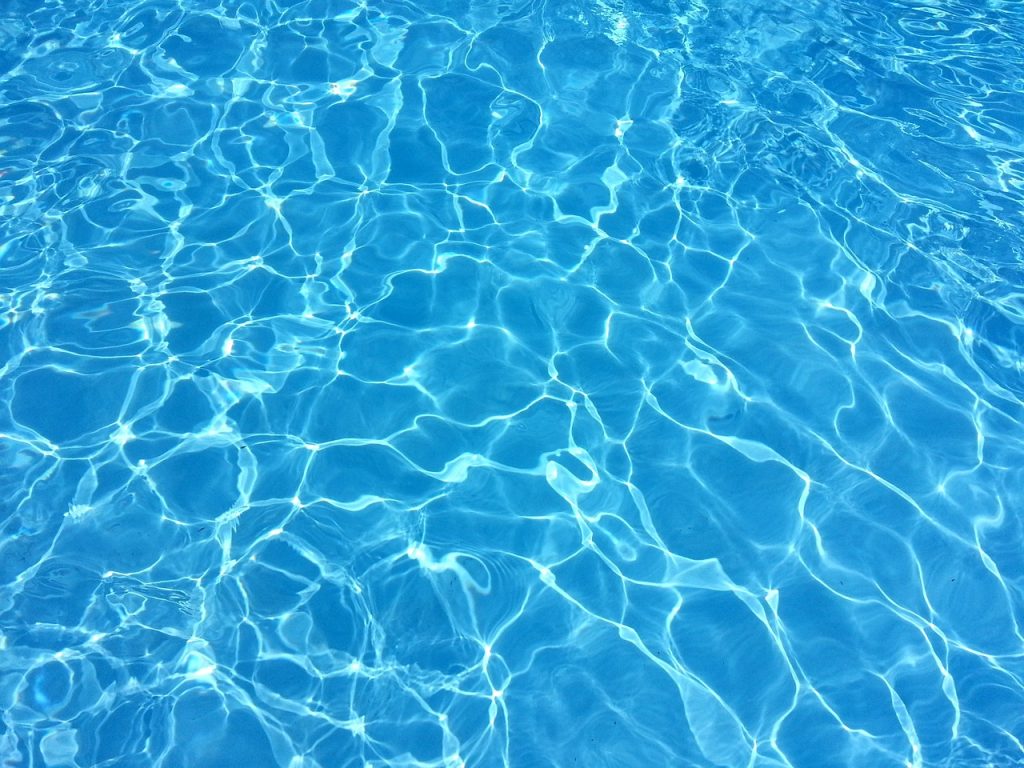
Maintenance and Upkeep
Salt or Chemical Additions
Salt-based water softeners require regular additions of salt pellets or blocks to facilitate the ion exchange process. The frequency of salt additions depends on the water usage and water hardness, but it is typically recommended to check and refill the salt tank every few weeks or months. Following the manufacturer’s guidelines and monitoring the salt level will ensure the optimal performance of your water softener.
Filter Replacement
In addition to regular salt refilling, some water softeners may have pre-filters or post-filters that require periodic replacement. These filters help remove sediment, rust, or other impurities from the water before it enters the softening system. The replacement intervals can vary, so it’s important to check the manufacturer’s recommendations and follow a regular maintenance schedule.
Regeneration Process
Salt-based water softeners engage in a regeneration process to clean and recharge the resin beads that remove minerals from the water. This process involves flushing the resin bed with saltwater or brine to remove the accumulated hardness ions. The frequency and duration of regeneration cycles depend on the water hardness level, resin capacity, and system settings. It’s important to set the regeneration schedule correctly and ensure that the process doesn’t interfere with your household’s water usage patterns.
Regular Cleaning
To maintain optimal performance, it’s recommended to clean the brine tank, resin tank, and other system components periodically. Cleaning intervals can vary depending on the specific water softener model and usage conditions. Regular cleaning helps prevent any accumulation of debris or impurities that may impair the water softener’s efficiency or clog the system.
Addressing Common Concerns
Effects on Drinking Water
One common concern about water softeners is the impact on the taste and mineral content of drinking water. Salt-based water softeners add a small amount of sodium to the water during the ion exchange process. While this sodium addition may be negligible for most individuals, those on a sodium-restricted diet or with certain health conditions may need to consider alternative water treatment options. Salt-free water softeners or point-of-use water filters can be suitable alternatives for those requiring minimal changes to the drinking water composition.
Waste Water Discharge
During the regeneration process, water softeners discharge a concentrated brine solution. This waste water requires proper disposal to prevent environmental contamination. Some municipalities may have guidelines or restrictions on the disposal methods for brine waste. It’s important to understand and comply with the local regulations related to waste water discharge when using a salt-based water softener.
Compatibility with Appliances
While water softeners generally have positive effects on appliances, some appliances may require adjustments or additional considerations. For instance, high-efficiency appliances like certain dishwashers or washing machines may have specific requirements for water quality or salt usage. It’s crucial to consult the appliance manufacturer’s guidelines or seek professional advice to ensure compatibility and optimize appliance performance.
Availability of Soft Water
Once a water softener is installed, you will have a consistent supply of soft water throughout your home. Soft water can enhance the effectiveness of soaps, detergents, and cleaning products, as it lathers more easily and rinses away more efficiently. This can lead to additional cost savings by requiring less soap or cleaning agents for everyday tasks. Soft water may also reduce the frequency of descaling or cleaning faucets, showerheads, and other fixtures, making your cleaning routine easier and more efficient.
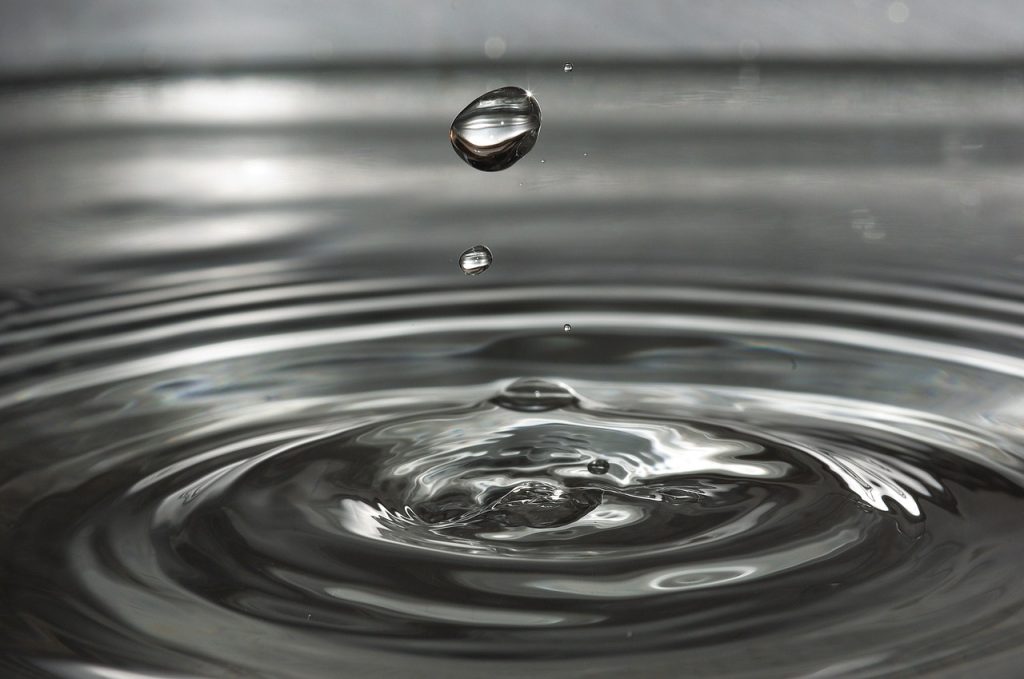
Alternative Solutions for Hard Water
Water Conditioners
As an alternative to water softeners, water conditioners offer a salt-free method of addressing hard water issues. These systems, such as template-assisted crystallization or electronic water conditioners, alter the structure of minerals in the water to prevent scale buildup. Water conditioners are generally maintenance-free and may be preferred by individuals with environmental concerns or those seeking a low-maintenance solution.
Point-of-Use Water Softeners
If you only need soft water for specific faucets or appliances, point-of-use water softeners can be a cost-effective option. These systems are installed directly at the point where soft water is needed, such as the kitchen sink or shower. Point-of-use water softeners are typically small and portable, making them easy to install and maintain. However, they may not provide soft water for the entire household and are better suited for targeting specific areas or appliances.
Water Filtration Systems
In some cases, a dedicated water filtration system may be a suitable solution for removing impurities, including minerals, from the water. These systems can be customized to address specific concerns like hard water, chlorine, or other contaminants. Water filtration systems range from simple faucet-mounted filters to whole-house filtration systems. Assessing your water quality and specific needs can help determine if a water filtration system alone or in combination with a water softener is the right choice for you.
Return on Investment
Savings on Energy and Water Bills
Investing in a water softener can lead to significant savings on energy and water bills over time. With softened water, your water heating systems operate more efficiently, reducing energy consumption and associated costs. Softened water also helps maintain the efficiency of appliances, such as washing machines and dishwashers, leading to potential savings on electricity or gas usage. Additionally, using soft water requires less detergent or soap for cleaning tasks, further reducing ongoing expenses.
Extended Appliance Lifespan
A water softener can contribute to the extended lifespan of your appliances, resulting in cost savings on repairs and replacements. By preventing mineral buildup in appliances like water heaters, dishwashers, or washing machines, you minimize the risk of breakdowns and increase their overall lifespan. Avoiding premature appliance replacement can save you a considerable amount of money in the long run.
Improved Health and Wellbeing
Aside from the financial benefits, softer water can also have positive effects on your health and wellbeing. Soft water is gentler on the skin and hair, reducing the likelihood of dryness, irritation, or other dermatological issues. It can also extend the life of clothing, towels, and bedding by preventing hardness minerals from dulling or damaging fabrics. These improvements in personal comfort and hygiene contribute to an overall sense of wellbeing and satisfaction.
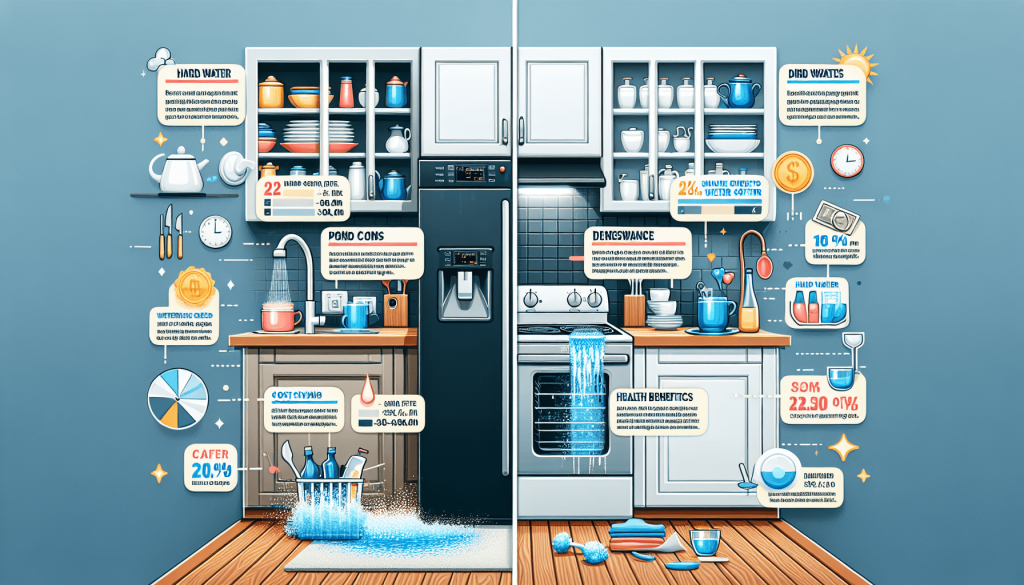
Final Verdict
Assessing Individual Needs
When deciding whether it’s worth investing in a water softener, it’s crucial to assess your individual needs and priorities. Consider factors such as water hardness, water usage, budget, and environmental concerns. By understanding your specific circumstances, you can make an informed decision that aligns with your requirements.
Long-Term Financial Considerations
While there are upfront costs associated with purchasing and maintaining a water softener, the long-term financial benefits often outweigh the initial investment. Savings on energy and water bills, extended appliance lifespan, and reduced maintenance costs can lead to significant financial savings over time. It’s important to weigh these long-term benefits against the initial costs when making your decision.
Environmental Impact
For those with environmental concerns, there are alternatives to traditional salt-based water softeners. Salt-free water softeners or water conditioners offer a more eco-friendly option by eliminating brine waste. Additionally, considering water filtration systems or point-of-use water softeners can provide tailored solutions while minimizing environmental impact. Understanding the environmental implications of various water softener options can help you make a more sustainable choice.
Personal Preference
Ultimately, the decision to invest in a water softener comes down to personal preference. Assessing the benefits, costs, and other factors discussed in this article can guide your decision-making process. Whether you prioritize softer skin and hair, appliance longevity, or environmental considerations, choosing a water softener that aligns with your preferences will ensure your satisfaction with the investment.


